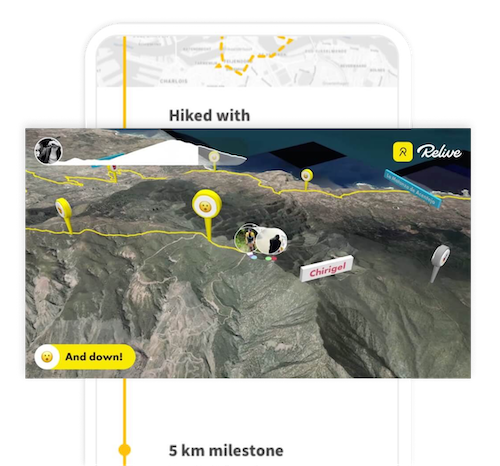
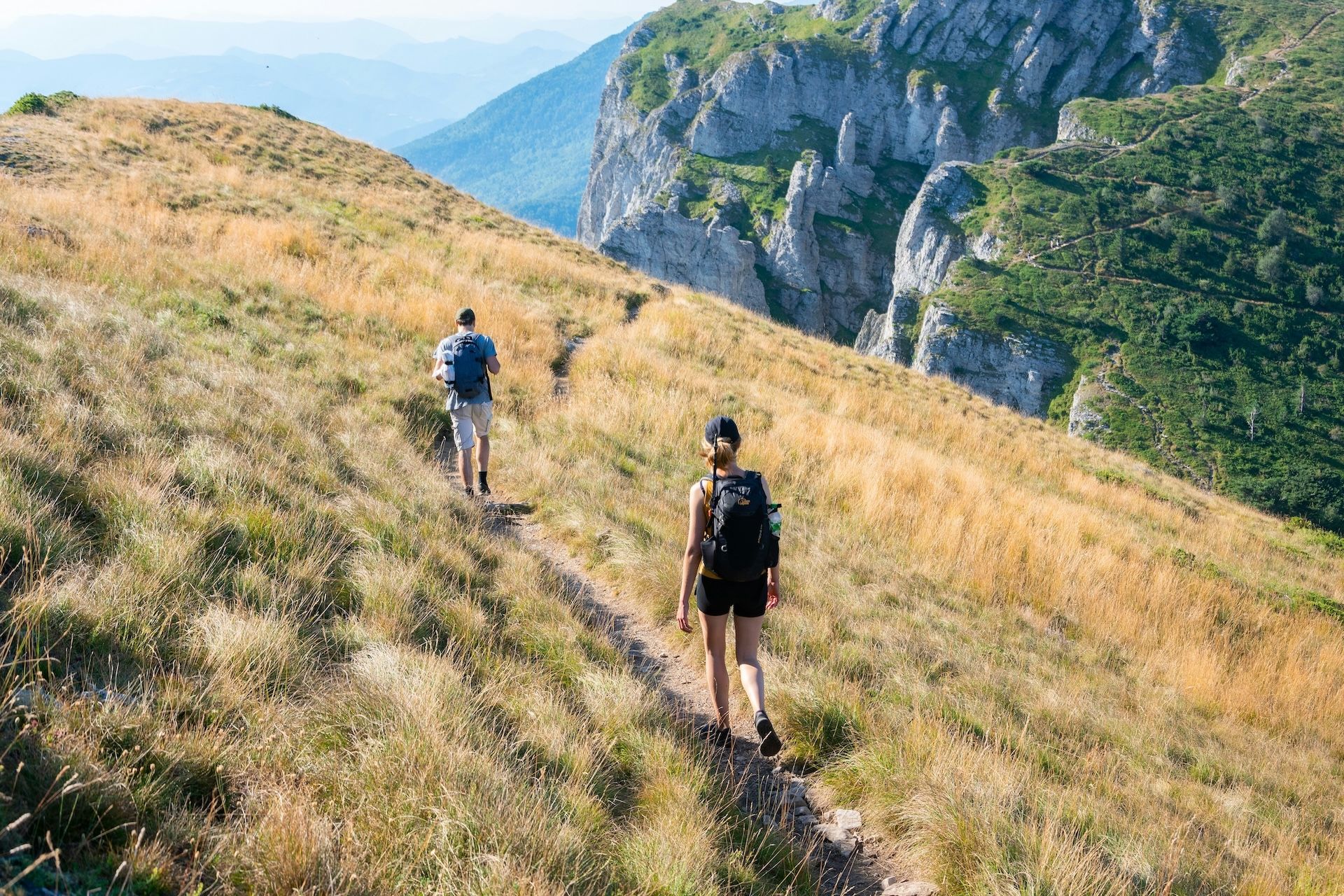
Réponse courte : Il faut à la plupart des gens 9 à 12 minutes pour parcourir un kilomètre à pied sur terrain plat à une allure modérée.
Cependant, selon votre vitesse de marche, le type de terrain emprunté et si vous voulez ou non mettre du rythme, cela peut prendre entre 12 minutes et 25 minutes, voire plus.
Découvrez le temps nécessaire pour parcourir une certaine distance en fonction de votre condition physique et du terrain
km
Comprendre les facteurs qui influencent la vitesse de marche peut vous aider à mieux estimer votre temps, que ce soit pour une promenade tranquille, un entraînement en vue d'une randonnée ou le suivi de vos objectifs fitness.
Tout le monde ne marche pas à la même vitesse. L'âge, la condition physique et même l'expérience peuvent influencer la vitesse à laquelle vous vous déplacez. De plus, l'environnement joue un rôle important : les pentes raides, les sentiers boueux ou l'altitude peuvent vous ralentir.
Facteurs personnels
Facteurs environnementaux
Envie de comparer votre allure de marche à ces estimations ? Relive transforme vos données GPS en superbes vidéos 3D qui indiquent votre vitesse réelle, le dénivelé et l'itinéraire.
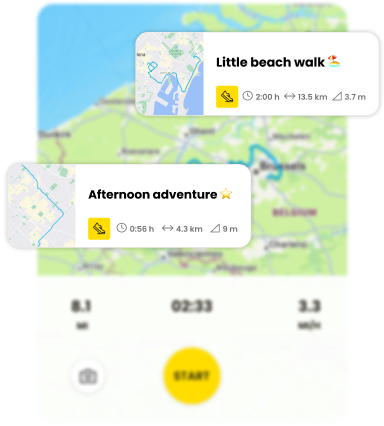
Découvrez votre vitesse de marche réelle tout au long de votre randonnée et l'impact du terrain sur votre allure.
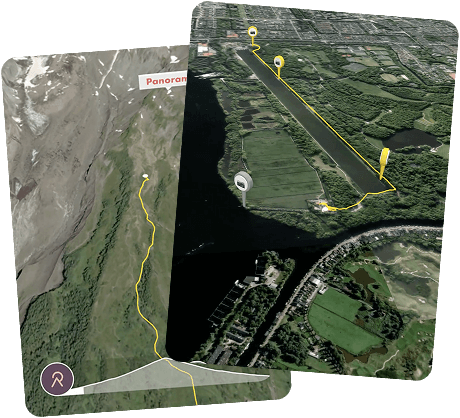
Transformez vos données de marche en vidéos cinématiques 3D à partager avec vos amis.
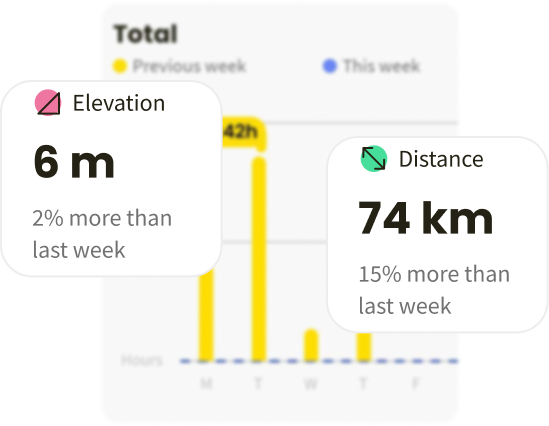
Suivez l'évolution de votre vitesse de marche au fil du temps grâce à des analyses détaillées de vos activités.
Comprendre la vitesse moyenne de marche vous aide à planifier vos aventures en plein air avec plus de précision. Selon l'activité et le terrain, votre allure peut varier considérablement :
| Type d'activité | Vitesse moyenne (km/h) | Temps au km | Meilleur cas d'utilisation |
|---|---|---|---|
| Promenade tranquille | 3.0-4.0 km/h | 15-20 minutes | Visites touristiques, balades décontractées |
| Randonnée moyenne | 4.0-5.0 km/h | 12-15 minutes | Randonnées à la journée, sentiers de difficulté modérée |
| Randonnée rapide | 5.5-6.0 km/h | 9-10 minutes | Randonnée sportive, terrain facile |
| Marche rapide | 6.5-7.0 km/h | 8-10 minutes | Marche en ville, chemins plats |
| Randonnée avec sac à dos | 2.0-4.0 km/h | 15-25 minutes | Randonnées sur plusieurs jours avec matériel |
La moyenne de 5 km/h correspond à la vitesse d'un adulte en bonne santé sur une surface plane et bitumée. Cependant, cette vitesse passe généralement entre 3,2 et 4 km/h lors de randonnées sur des sentiers en raison du terrain accidenté, de la présence d'obstacles et de la nécessité de faire attention où l'on pose les pieds.
Plusieurs facteurs peuvent ralentir votre allure : sac à dos lourd, arrêts fréquents pour prendre des photos, terrain difficile, conditions météo ou simplement le fait de privilégier une allure tranquille pour profiter de la nature. Le calculateur fournit des estimations et non des cibles fixes.
Le dénivelé positif ralentit considérablement l'allure lors d'une randonnée. En règle générale, il faut ajouter 30 minutes à votre temps de marche par tranche de 300 mètres de dénivelé positif. Les côtes raides peuvent réduire votre vitesse de 2 à 3 km/h, tandis que les pentes douces ne vous ralentiront que de 10 à 20 %.
Non, la randonnée n'est pas une course. Maintenez une allure confortable qui vous permet de profiter du paysage, de prendre des photos et d'arriver à bon port. Une allure raisonnable évite la fatigue et réduit les risques de blessures, en particulier lors de longues randonnées.
La vitesse de marche fait généralement référence au déplacement sur des surfaces planes et bitumées (5 à 6 km/h en moyenne), tandis que l'allure de randonnée tient compte du terrain, du dénivelé, des obstacles et des pauses, ce qui se traduit par des vitesses globales plus lentes (2 à 5 km/h).
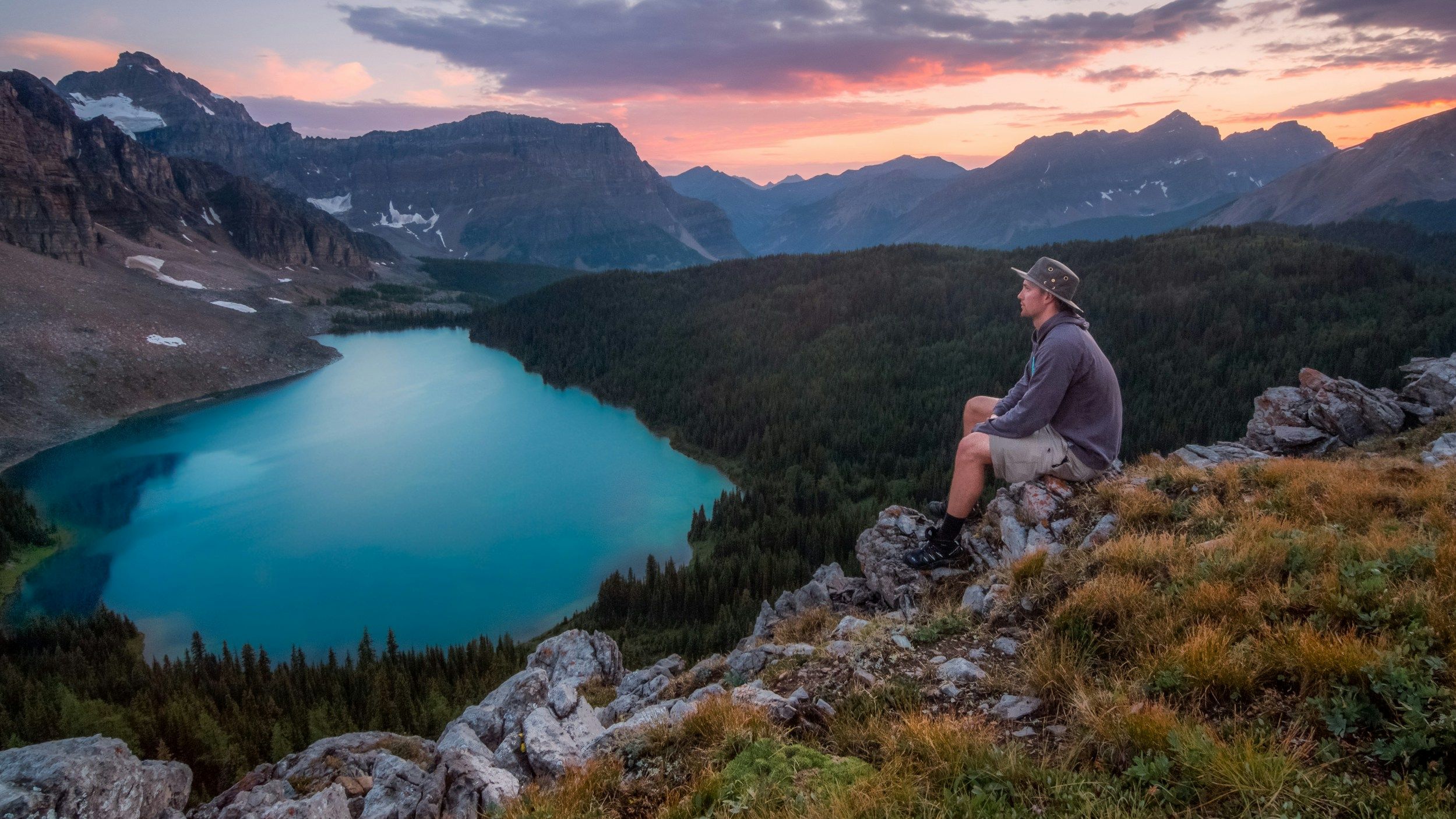
Plus de 62 000 avis

Créez des vidéos 3D uniques de vos randonnées avec des photos, des commentaires, de la musique et bien plus encore !
